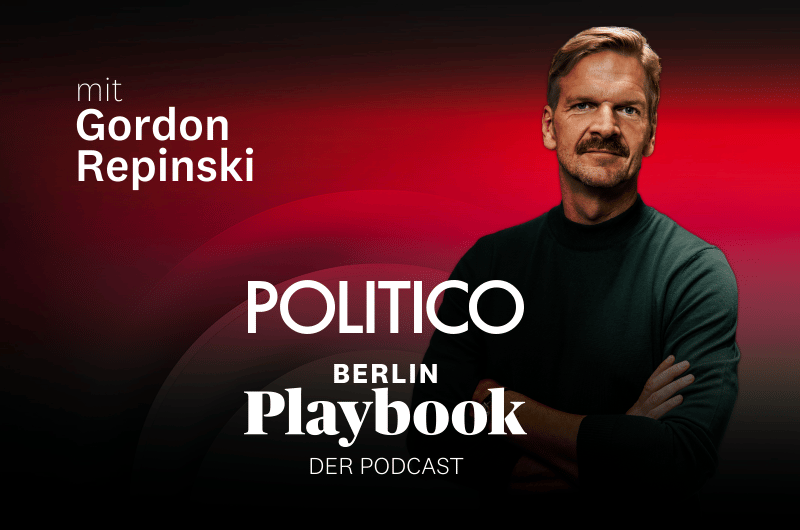

In recent events, the international political landscape continues to evolve with intriguing movements and developments. Political figures and parties around the world are navigating complex scenarios in a bid for increased influence and power.
In Germany, Julia Klöckner, the Bundestag President, is engaging in a delicate balancing act. The line between authority and restraint in her role is often invisible but politically significant. As she leads through the Bundestag, Klöckner’s interactions reflect both the subtlety and the weight her office holds in steering legislative processes. Her leadership, though discreet, emphasizes the importance of political finesse in a position that serves as a cornerstone of German democracy.
Across the channel in the United Kingdom, the dynamic between mainstream parties and emerging political entities is a topic of increasing interest. Defections from the Conservative Party to Reform UK hint at potential shifts in the political balance of power. Reform UK’s appeal is gaining ground as it capitalizes on disenfranchisement within traditional party lines. Likewise, Jeremy Corbyn’s possible new party could dramatically alter voter distributions, potentially affecting both Labour and Green party aspirations. These movements underline the fluidity and unpredictability inherent in current political alliances.
Meanwhile, Europe witnesses another shift as Emmanuel Macron of France embarks on a diplomatic mission to the UK, bearing cultural symbols like the Bayeux Tapestry. His visit underscores the enduring importance of Franco-British relations amidst broader European Union considerations. This cordial diplomacy stands in contrast to ongoing tensions highlighted by a UK security report, equating threats from Iran with those from Russia. Such findings spotlight the need for robust security strategies as nations guard against cyber threats and covert aggressions.
In the broader geographic view, the Middle East and Africa see contrasting political scenarios. In Africa, Liberia’s President, Joseph Boakai, expressed strong ties with the United States, emphasizing the historical and strategic bond between the nations. In stark contrast, Mali’s General Assimi Goïta has enacted laws extending his presidential term indefinitely, marking a significant political consolidation in the Sahel region. These moves reflect both cooperative and authoritative trends in global leadership styles.
Switching continents, Australia remains engaged in the quest for missing persons as they search for German backpacker Carolina Wilga. And in domestic politics, Barnaby Joyce’s bill aims to reassess net-zero policies, showcasing the ongoing debate about environmental responsibilities versus economic freedom. These narratives remain intertwined with sentiments of national pride and the pursuit of individual freedoms.
Notably, former South Korean president Yoon Suk Yeol faces legal repercussions over alleged insurrection attempts, underscoring the continuing drama of political accountability in East Asia. In a related sphere of influence, the U.S. political scene also experiences ripples as Donald Trump makes moves suggesting future policy statements on ongoing conflicts. Meanwhile, Trump’s administration seeks to extend influence further afield by appointing Nick Adams as ambassador to Malaysia, signaling diplomatic expansions.
This tapestry of international narratives weaves together the complexities of modern governance, underscoring the interconnectedness of political maneuvers, international relations, and domestic policies. As these stories evolve, they remind us of the dynamic nature of global affairs and the importance of mindful engagement with the unfolding world. The pursuit of stability, progress, and peace remains a common thread through the diverse approaches of global leaders.
Source: {link}
